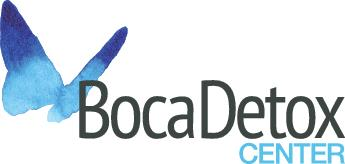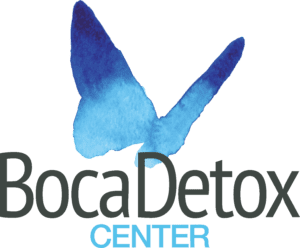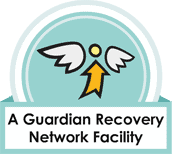Signs of Cocaine Use and Cocaine Abuse Symptoms
14% of Americans, age 12 and older, have used cocaine at least once in their lifetime, according to the National Institute on Drug Abuse (NIDA). The reason may be that when a person uses cocaine, it floods the brain with dopamine, which increases feelings of pleasure.
If that makes cocaine sound too positive, take these facts into consideration: Of all the drug-related emergency room visits, an average of 40% are cocaine-related. Of all drug-related deaths, one-third are attributable to cocaine use.
Understanding the Nature of Cocaine
The high that is felt when using cocaine is quick, and almost just as quickly fleeting. A cocaine high typically lasts between 5-30 minutes. When the short high wears off, to avoid the crash that usually follows, a typical user will immediately look to use again, which makes this substance highly addictive.
Additionally, as the body gets used to the drug, a larger amount is needed to reach the same high, so the user starts to increase the quantity used at any one time.
Cocaine is accessible in two forms; powder, and rock form known as crack cocaine. Snorting, smoking and injecting are the usual ways of taking cocaine, all of which leave their own tell-tale signs of use.
Signs of Use
The Drug Enforcement Agency (DEA) classifies cocaine as a Schedule II drug. Effectively, any use is considered abuse. But besides the legality, or lack thereof, there are many signs that someone is using cocaine and even more signs that use has become quite a big problem.
People who are high on this drug are in a ‘happy place’ and act like it. They may be loud, overly talkative, and uncharacteristically outgoing – the sort of behavior that people at a party might display after a few drinks. During the high, they may consume less food and get much less sleep than usual. On the other hand, the opposite effect may take place during the crash period.
There are a variety of other signs too. One of the more visible and most well-known signs is dilated pupils, and sensitivity to light at times or in places that were not previously sensitive. Residual ‘powder’ on one’s nose or lips is also a dead giveaway.
Another clue is visible burn marks on the hands or lips, and of course the most obvious clue that someone is injecting is needle/track marks.
Signs of Cocaine Abuse
What are the symptoms of someone on coke? Cocaine addiction is malevolent. It moves into a user’s life without anyone, including the user, taking much notice. Immediate signs, the ones at the beginning stages of use, are often categorized as mood swings. Users lose interest in activities or objects that once brought them joy and can become overly irritated or excited about things that were considered commonplace in the past.
Unexplained weight loss, especially in young people who should still be growing, is another clear indicator. Changes in eating and sleeping patterns, as well as obvious signs like a persistently runny nose or unexpected nosebleeds are also signs of cocaine use.
Of course, most of these symptoms could be attributable to something else given the right circumstances. Weight loss in teenage girls might suggest an eating disorder rather than a cocaine problem. A consistently runny nose can often be an unwelcome consequence for an allergy sufferer. These ambiguous signs on their own are the reason that one must take more than a singular factor into consideration when addressing the possibility of drug abuse.
When Use Becomes Dangerous
The longer the addiction lasts, the bigger the potential problems get. Abusers typically incur financial difficulties, display risky behavior, social isolation, lack of personal hygiene, and poor choices made regarding sex and sexual partners. An abuser may experience some of these issues and changes in behavior, or many of them all at once.
When addiction has a firm hold on a user’s life, work duties, schoolwork and family obligations often go by the wayside. Getting the next high is the only thing on the user’s agenda.
Getting Help
Cocaine changes the way the brain functions by rewiring the motivation and reward pathways. Getting proper help is an essential part of the recovery process because it’s almost impossible to successfully go it alone. Cocaine addiction is a disease and an illness that requires at least some level of professional treatment.

Reviewed for accuracy by:
Susan Shirley
LMHC
Serving as the Inpatient Clinical Director at Immersion Recovery Center, Susan will work directly with staff members, clients, and family members to ensure the clinical program remains as effective and individualized as possible. Susan is no stranger to the fields of behavioral health and addiction. She has over 25 years of experience, working in an inpatient setting, an outpatient setting, acute stabilization and nearly all other settings in the realm of addiction recovery.
We Are Here For You
Let Us Help You Heal
Our detoxification experience is second to none.
Learn how we can help by speaking with one of our Treatment Advisors today.






















